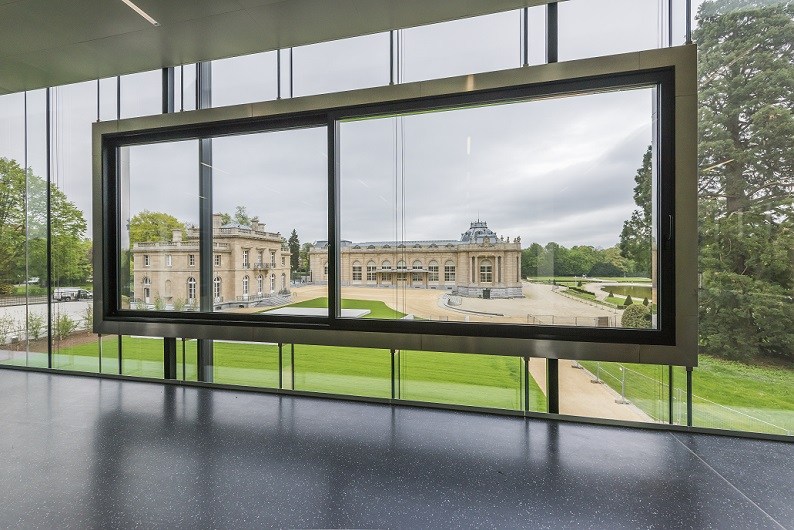The Africa Museum's director Guido Gryseels retires on Wednesday, ending an era of significant change for the museum.
During Gryseels' time as director, the museum went through extensive renovations closing its doors in 2013 for a thorough revamp to better reflect Belgium's colonial past. The museum opened its doors again in 2018, but for many, these changes have not gone far enough.
"Look, I fully agree that there is still too little space for the colonial past," Gryseels told De Morgen.
"Next year the museum will be 125 years old and it will also be five years since we opened its doors again after the renovation. That is the time for a thorough evaluation and then we have to think carefully about what type of museum we want for the future. I am convinced that the surface area in the museum devoted to this will become much larger in the long run."
The museum may have plans for the future, but for many years the museum did not acknowledge the harmful effects of Belgium's colonial past.
History of the museum
In 1910, the museum opened after Leopold II had died and his private colony had become the Belgian Congo. For most of the 20th century, the exhibitions open to the public portrayed a pro-colonial worldview.
For most of the 20th century, there was a deafening silence about the death and plunder inflicted on the Congo. Adam Hothschild wrote in The Atlantic that during a visit in 1995, there was still no word about the Congolese who died as a result of Leopold's slave labour. "It was as if a museum of Jewish life in Berlin made no reference to the Holocaust," said Hothschild.
The museum remained filled with idealised depictions of the colonial period, but eventually, Belgians who cared about human rights called for change. Yet they came up against the country's 'old colonial' guard - people who had lived and worked in the Congo before it become independent in 1960, Hothschild reported.
For some time, the institution was caught between warring fractions until finally, in 2005, it held a temporary exhibit that it said would tell the truth about colonialism. It contained only a few photographs of the violence of colonial rule.
The exhibit was so vague that activists in Brussels published an online guide in French and Dutch that visitors could take to the museum. The guide showed texts and photographs of women in chains and enslaved labourers - to show the story that the museum refused to tell.
A sign promised a new museum in 2010, but even then only a fraction was changed to mark the 50th anniversary of the Congo's independence. Finally, the museum closed in 2013 for a complete makeover to open its doors again in 2016.
The Africa Museum's future
The museum now has a glass and steel building next to the original castle, with more space underground. Many of the signs are now apologetic for the "controversial period".
These signs are just what would enrage the 'old colonial' guard. "A former official of a group of colonial-era veterans has denounced the museum for featuring 'the worst slander.' An open letter from another critic accused the director of being 'politically correct.' An online campaign condemned him for 'Belgium bashing,' wrote Hothschild.
Although one room is dedicated to Belgium's colonial past as well as Congolese emancipation, De Morgen asked the retiring director if the Museum should shine a light on the realities of colonialism given that it's the reason why Congolese artefacts are there in the first place.
"Our museum was once established to showcase the riches of Congo and to promote colonialism," Gryseels said.
"But today we want to be an institution that denounces the injustices of the past while showing contemporary Africa with its challenges. I think you can still do both: that you can create a museum about Africa in which commemoration also has an important place. Because there is still a need for both."
"We notice that the knowledge among young people about the past is decreasing," he added. "Many children no longer know that we have a history in Congo. We also want to show young people where racism comes from and how it still affects society today. We do this by organising workshops and debates."
Africa Museum's very origins were steeped in racism and a colonial worldview. These issues are still controversial for Belgian society today, as a 2007 survey showed that the wealth of nine of the 23 richest families in Belgium had origins in colonial Congo, Hothschild wrote.
Hopefully, the changes that Gryseel envisaged for the museum will not allow Belgium to forget about the injustices of the past.

